Turning the Tide on Police Surveillance CHAD MARLOW ACLU
The stories seem non-stop. The NSA, FBI, and other federal agencies are spying on us in new ways and with new programs or authorities. But surveillance that is most overlooked, but is equally as pervasive, is how state and local police spy on their own residents. In Baltimore, the police department secretly deployed Stingrays to track the phone calls of residents in primarily black neighborhoods. In New Orleans, the police entered into a six-year contract with data mining firm Palantir to conduct predictive policing. When residents found out, their opposition was so fierce that within two weeks, the city canceled the agreement. And in cities and towns all over the country, police departments are tracking people’s movements with surreptitiously installed automatic license plate readers.
These examples are just a taste of the many ways police departments acquire and deploy surveillance technologies to constantly spy on average people as they go about their lives. And in most jurisdictions, including the District of Columbia, decisions to acquire and use these surveillance technologies are made by police departments without any knowledge or input from the public or elected officials, often through secret agreements with the federal government or private companies. This significantly threatens civil rights and civil liberties. Addressing these threats has gained additional urgency with the growing efforts of the Trump administration to identify and deport millions of undocumented immigrants, track Muslims, and even more aggressively police communities of color.
But cities and towns are starting to take control. In September of 2016, the ACLU and partners, including the Open Technology Institute, launched the Community Control Over Police Surveillance (C-COPS) effort. The purpose of C-COPS is to ensure that residents and lawmakers are empowered to decide if and how surveillance technology is acquired and used by local law enforcement agencies. To date, seven cities and counties in California, Washington, Tennessee, and Massachusetts have adopted C-COPS-style ordinances, and dozens of other jurisdictions are considering similar proposals. Join OTI and the ACLU of the District of Columbia for a discussion about why governing the use of surveillance technologies is critical to civil liberties and civil rights, and how grassroots efforts to pass these bills have been so effective.
Join the conversation online by using #TakeCTRL and following @OTI and @ACLU_DC.
Presentation on Police Surveillance Technology:
Chad Marlow
Senior Advocacy and Policy Counsel, ACLU
@ChadAaronMarlow
Panel on Reining in the Use of Police Surveillance Technology:
Panelists:
Sameena Usman
Government Relations Coordinator, CAIR-CA
@SameenaU
Eugene Puryear
Co-Founder, Stop Police Terror Project D.C.
Radio Host and Author
@EugenePuryear
Laura Moy
Executive Director, Georgetown Law Center on Privacy & Technology
Adjunct Professor of Law, Georgetown University
@lauramoy
Chad Marlow
Senior Advocacy and Policy Counsel, ACLU
@ChadAaronMarlow
Moderator:
Brad Heath
Deputy Investigations Editor, USA TODAY
@bradheath
When
Sep. 17, 2018
12:15 pm - 2:00 pm
Where
New America
740 15th St NW #900 Washington, D.C. 20005
RSVP
====================================
New America is dedicated to the renewal of American politics, prosperity, and purpose in the digital age through big ideas, technological innovation, next generation politics, and creative engagement with broad audiences.
Subscribe to our channel for new videos on a wide range of policy issues: http://www.youtube.com/subscri....ption_center?add_use
Subscribe to The New America Weekly and other newsletters: http://www.newamerica.org/subscribe/#
0


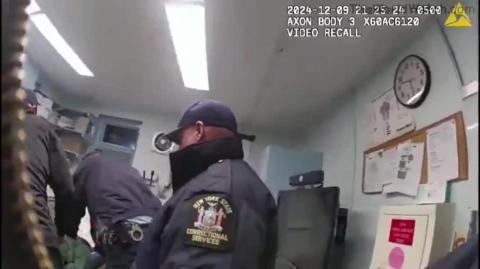
 Life_N_Times_of_Shane_T_Hanson
Life_N_Times_of_Shane_T_Hanson
 TheSaltyCracker
TheSaltyCracker
 GANG_STALKING_AUSTRLIA
GANG_STALKING_AUSTRLIA
 SoloMan Zone
SoloMan Zone
 TheQuartering
TheQuartering
 Redacted News
Redacted News
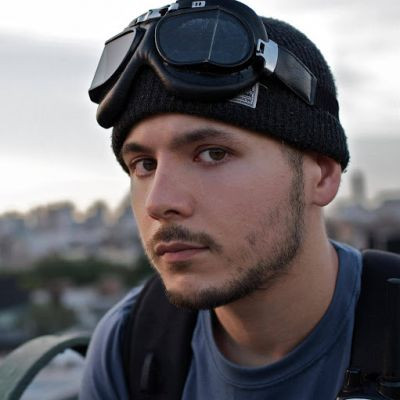 Tim Pool
Tim Pool
 REDPILLMARRIED
REDPILLMARRIED
 Coach_Corey_Wayne
Coach_Corey_Wayne
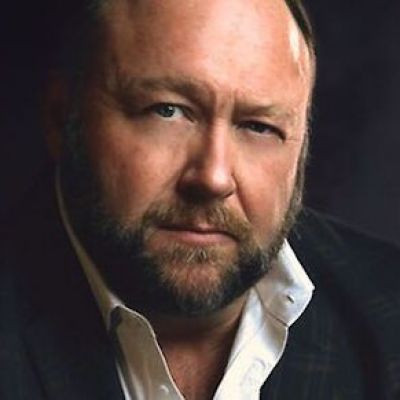 The Alex Jones Show
The Alex Jones Show
 Styxhexenhammer666
Styxhexenhammer666

 RT
RT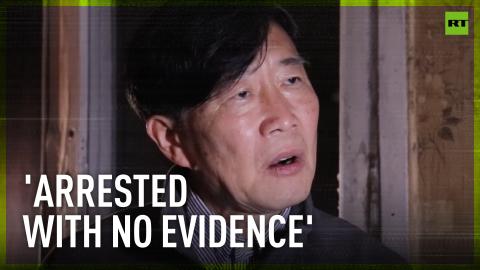






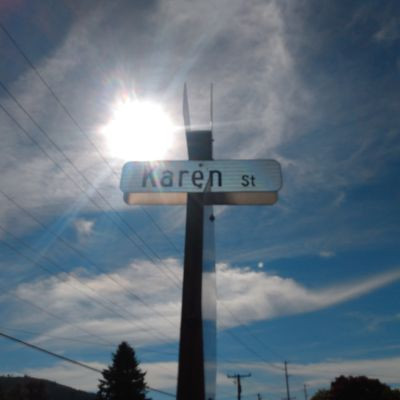

Log in to comment